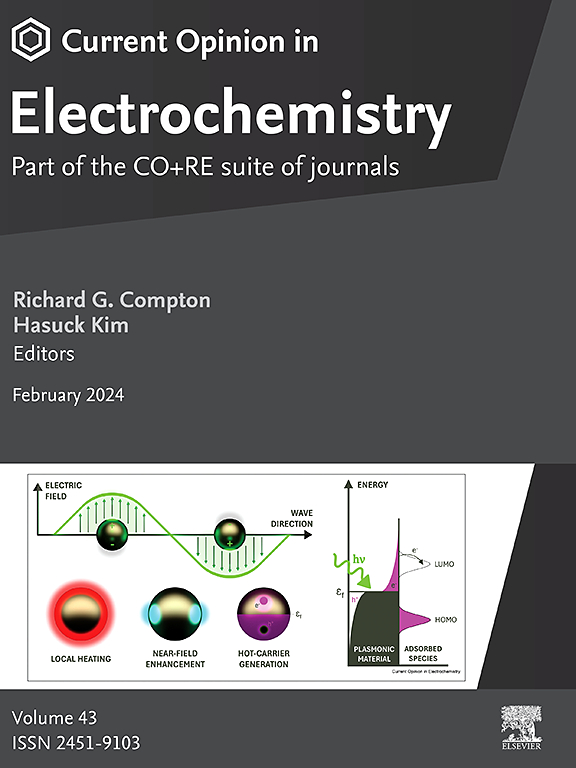How simulations help better understand mechanism and design materials? Learning from aqueous zinc-ion batteries
IF 6.9
2区 化学
Q1 CHEMISTRY, PHYSICAL
引用次数: 0
Abstract
Aqueous zinc-ion batteries (AZIBs) have attracted widespread attention for large-scale energy storage. However, most of the practical phenomena assocaited with AZIBs can only be explained by using infinitely modified model theories; thus, the underlying mechanisms of reactions in the AZIBs remains challenging to characterize. The dynamic evolution in AZIBs' response to applied bias potentials makes it difficult to accurately observe the behavior with current techniques in a non-vacuum environment. In response, theoretical simulations have been widely conducted to investigate the mechanisms of reactions occurring in the AZIBs. These theoretical simulations can considerably improve the understanding of the fundamental mechanisms, and further guide the AZIBs development. Density functional theory (DFT) calculations, molecular dynamics (MD) simulations and COMSOL simulations are three common approaches in the literature, which correspond to atomic-scale, molecular-scale and mesoscale analyses, respectively. Here, we summarize the key insights gained from these simulations to date and present our perspective on future research directions within this field.
模拟如何帮助更好地理解机制和设计材料?从水锌离子电池中学习
水溶液锌离子电池(azib)在大规模储能方面受到广泛关注。然而,大多数与azib相关的实际现象只能用无限修正的模型理论来解释;因此,azib反应的潜在机制仍然具有挑战性。azib对外加偏置电位响应的动态演变使得现有技术难以在非真空环境下准确观察其行为。作为回应,理论模拟已经被广泛地用于研究azib中发生的反应机制。这些理论模拟可以大大提高对azib基本机制的理解,并进一步指导azib的发展。密度泛函理论(DFT)计算、分子动力学(MD)模拟和COMSOL模拟是文献中常用的三种方法,分别对应于原子尺度、分子尺度和中尺度分析。在这里,我们总结了迄今为止从这些模拟中获得的关键见解,并提出了我们对该领域未来研究方向的看法。
本文章由计算机程序翻译,如有差异,请以英文原文为准。
求助全文
约1分钟内获得全文
求助全文
来源期刊

Current Opinion in Electrochemistry
Chemistry-Analytical Chemistry
CiteScore
14.00
自引率
5.90%
发文量
272
审稿时长
73 days
期刊介绍:
The development of the Current Opinion journals stemmed from the acknowledgment of the growing challenge for specialists to stay abreast of the expanding volume of information within their field. In Current Opinion in Electrochemistry, they help the reader by providing in a systematic manner:
1.The views of experts on current advances in electrochemistry in a clear and readable form.
2.Evaluations of the most interesting papers, annotated by experts, from the great wealth of original publications.
In the realm of electrochemistry, the subject is divided into 12 themed sections, with each section undergoing an annual review cycle:
• Bioelectrochemistry • Electrocatalysis • Electrochemical Materials and Engineering • Energy Storage: Batteries and Supercapacitors • Energy Transformation • Environmental Electrochemistry • Fundamental & Theoretical Electrochemistry • Innovative Methods in Electrochemistry • Organic & Molecular Electrochemistry • Physical & Nano-Electrochemistry • Sensors & Bio-sensors •
 求助内容:
求助内容: 应助结果提醒方式:
应助结果提醒方式:


